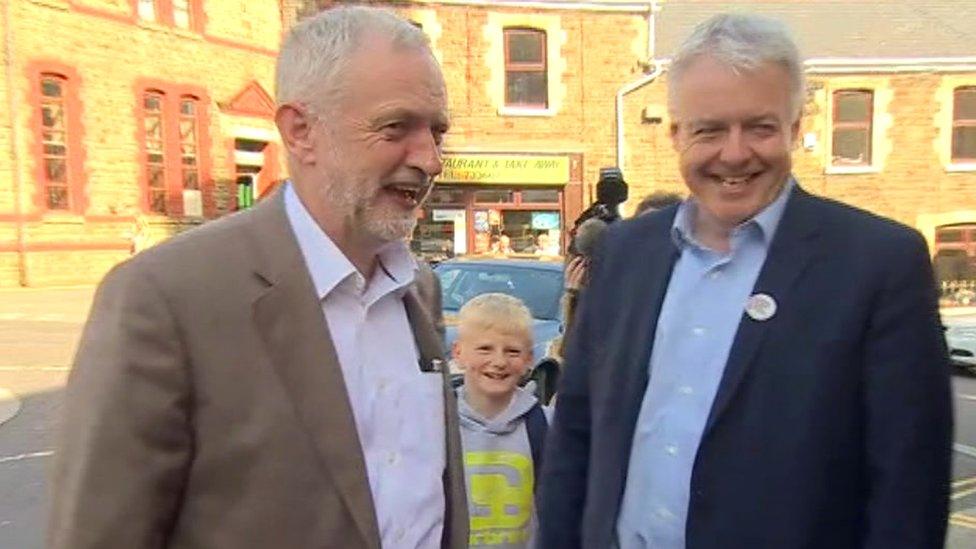Tough for Labour to avoid poll losses, says Carwyn Jones
- Published
Carwyn Jones says Welsh Labour is taking nothing for granted at the local elections
Labour will find it "tough" to avoid losses in May's local elections having performed well in 2012, First Minister Carwyn Jones has conceded.
The party has a majority on 10 of Wales' 22 councils, and runs minority administrations in a further two.
With UK-wide opinion polls suggesting a drop in support for the party, Welsh Labour is braced for losses on 4 May.
Mr Jones was writing for the Huffington Post website, ahead of this weekend's Welsh Labour conference, in Llandudno.
He said Welsh voters "rarely" raised Brexit with him, preferring to focus on local issues such as transport and jobs.
"In the midst of Brexit discussions, and the ongoing ramifications of Donald Trump's election, we must remind ourselves that we also have to deliver for people locally on the bread and butter issues that are much closer to home," he said.
"Council elections are just weeks away, and whilst we will be going all out to secure every vote we can, we know it will be tough to replicate our stellar results in 2012."

Swansea was one of the councils Labour recaptured in 2012
Mr Jones, First Minister since 2009, said the Welsh Government organised town-hall events "Carwyn Connects" had proved invaluable in keeping him informed of "the real priorities" outside the "political and media bubble".
He added: "Brexit is rarely mentioned. Local transport is. The desire for more quality, secure work and access to apprenticeships comes up everywhere.
"But, the clear single message which underpins almost every question is a people in search of a fair deal for Wales, and that is exactly what we aim to deliver for every community over the next four years."
One of Mr Jones' colleagues in cabinet, Health Secretary Vaughan Gething told BBC Radio Wales: "It's a message of realism and honesty, and people appreciate that in politicians."
With UK Labour dealing with the aftermath of two leadership elections since the 2015 general election, poor poll ratings and slipping into third place in the Scottish Parliamentary elections the following year, Welsh Labour has tried to develop greater autonomy, taking over matters such as candidate selection for Westminster elections.
At the conference, a symbolic change will see Mr Jones formally given the title of Welsh Labour leader, rather than leader of the party's group of assembly members in Cardiff Bay.
Mr Jones said Wednesday's terror attacks in Westminster would "obviously be on everyone's minds" during the conference.
"The customary hugs and handshakes will be a little warmer and linger a little longer as we greet each other this weekend," he said.
Party leader Jeremy Corbyn is due to address delegates on Saturday.
In an interview with BBC Wales Mr Jones said Welsh Labour does not want to "seal itself off" from the rest of the UK party.
"We are Welsh Labour, but we are part of a wider Labour movement."
But he reiterated previous comments that he would "not pretend" that things were good in Westminster.
He added: "This is not an election for Westminster. This is Welsh Labour fighting local elections for the people of Wales, the same way we did last year."

Analysis by BBC Wales political reporter James Williams
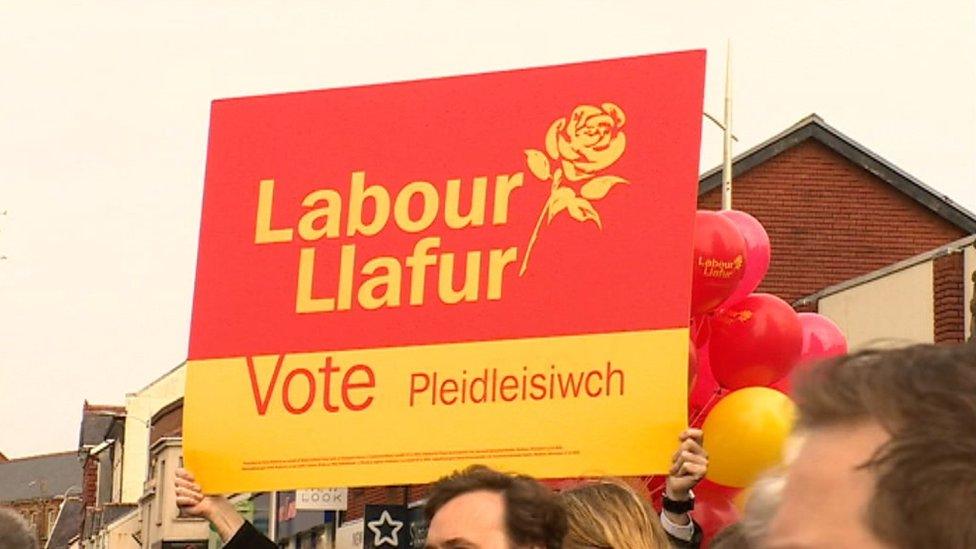
"This is going to be a tough election for us" is a common refrain for senior Welsh Labour figures, one heard time and again during last year's assembly election campaign.
Is it an effort to manage expectations? Last May's result exceeded Labour's own gloomy predictions at the time - losing only one seat in the Senedd was framed as a positive result.
Labour's strategy in 2016 was to maximise the Welsh brand; place Carwyn Jones at the forefront of the campaign; sideline UK leader Jeremy Corbyn as much as possible.
It will be a similar strategy this time round with the added complexity of fighting 22 distinct council battles - such is the nature of local elections.
But with Labour sinking in the UK-wide opinion polls, can the party in Wales continue to insulate itself from colleagues' struggles at Westminster?
- Published21 March 2017

- Published20 March 2017
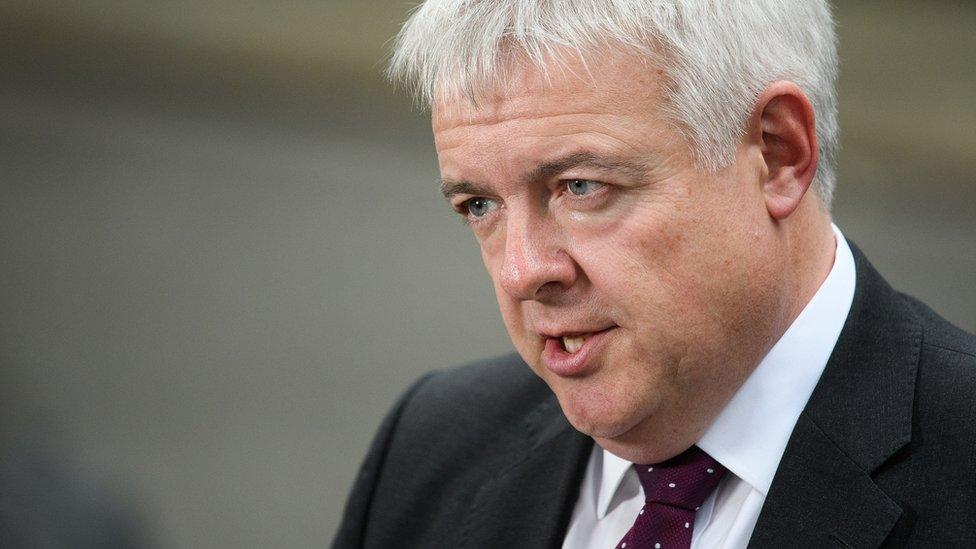
- Published13 March 2017
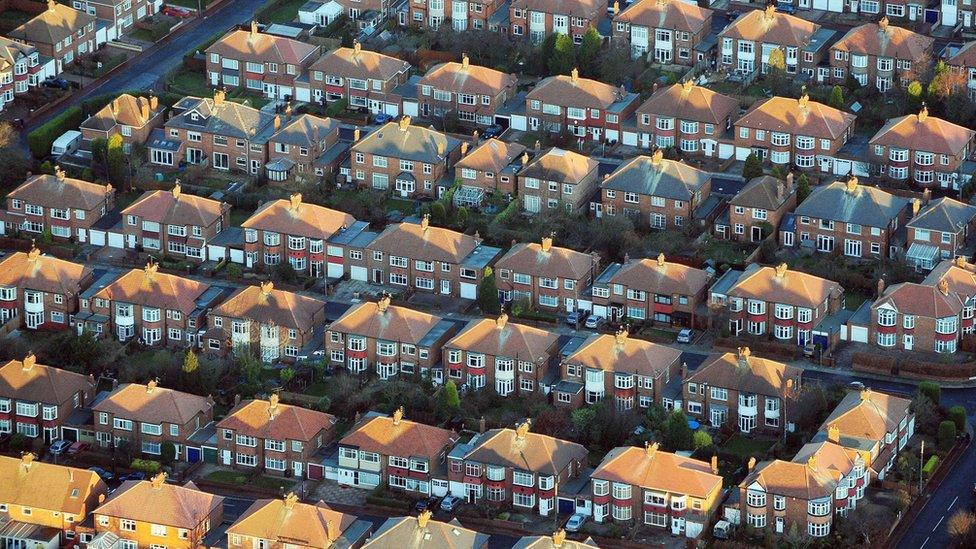
- Published9 February 2017
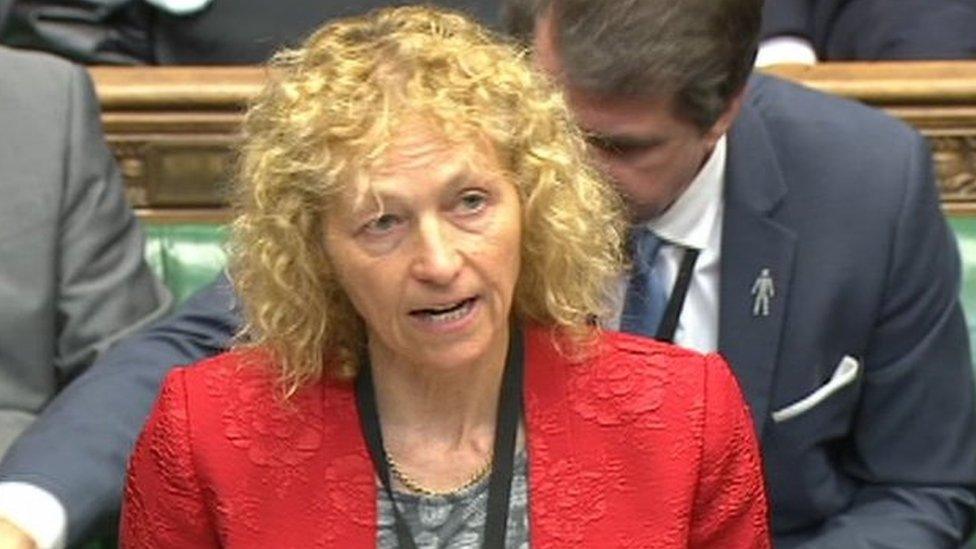
- Published8 February 2017

- Published19 December 2016

- Published16 January 2017
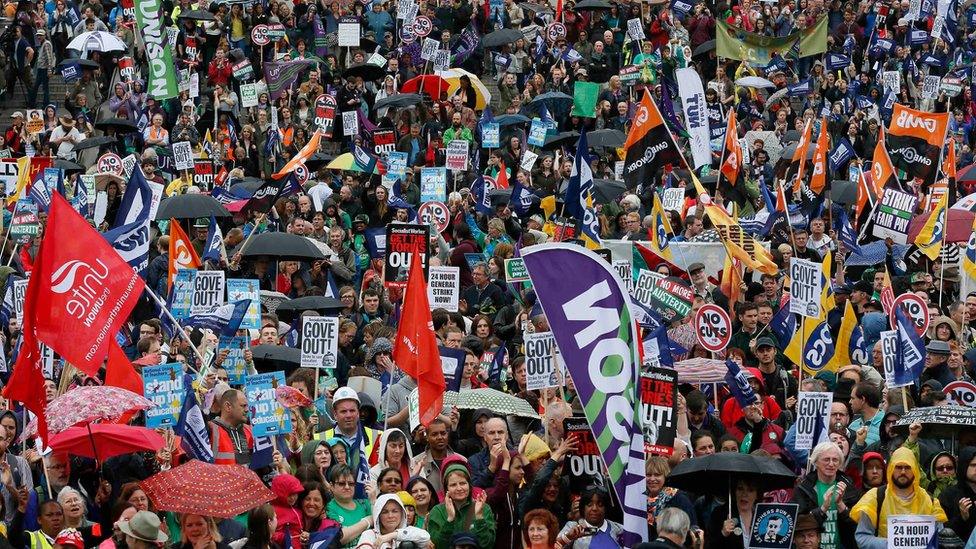
- Published13 December 2016
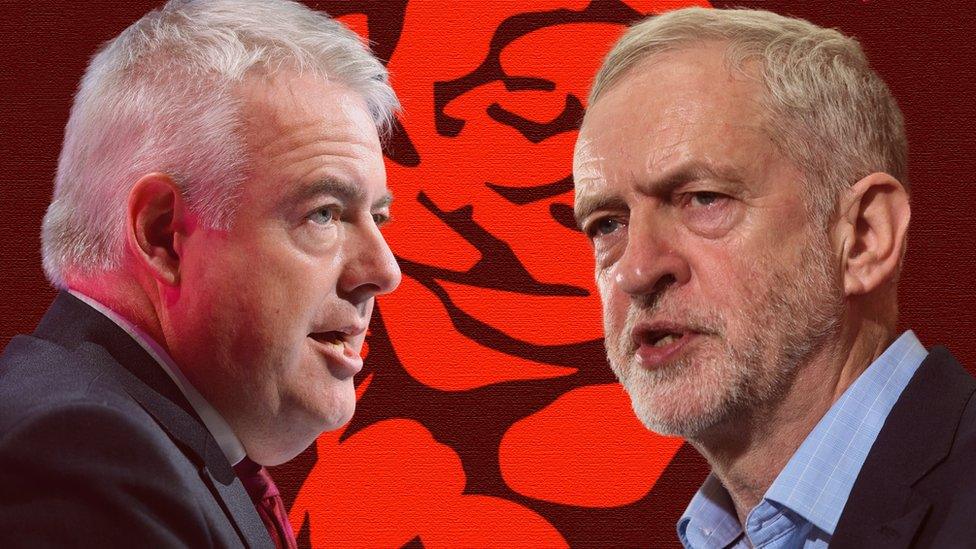
- Published9 December 2016
